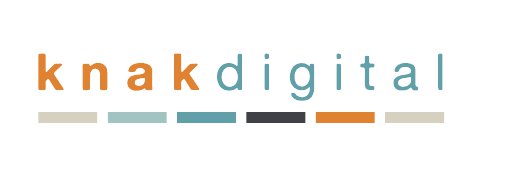The current economic climate, with its high unemployment rates and job seekers eager for opportunities, has unfortunately created a breeding ground for job scams. Between 2019 and 2024 alone, the FTC reported a near-tripling of business and job opportunity fraud, with victims losing nearly half a billion dollars.
So what tactics are these scammers deploying to impersonate employers? Anywhere from sending phishing emails that appear to be from legitimate companies to creating fake job postings on job boards to entice victims to apply for non-existent positions. Worst-case scenario, luring upfront fees or personal information like a social security number with the intention of identity fraud.
These scams can harm potential employees and damage your company’s reputation and brand image.
How can businesses safeguard themselves from these fraudulent activities?
Here are some key steps you can take:
- Be Vigilant: Train your HR personnel and hiring managers to identify red flags in job applications and communication. These red flags can include:
- Suspicious text messages: Offering job opportunities or requesting personal information via SMS.
- Financial requests: Scammers might ask for money upfront in exchange for an interview or job offer.
- Unrealistic promises: Offers that sound too good to be true, like guaranteed high salaries with minimal experience, are likely scams.
- Personal information requests: Legitimate job applications won’t ask for Social Security numbers or bank account details in the initial stages.
- Report Fraudulent Postings: If you encounter a job posting on your company’s website or a platform you utilize that seems suspicious, report it immediately to the platform and the relevant authorities. Both the FBI and FTC offer resources for reporting job scams.
- Implement Internal Policies: Develop clear internal policies for handling job applications and interviewing processes. These policies should outline acceptable communication channels, information collection practices, and red flag identification procedures.
- Monitor Online Presence: Regularly review online job boards and social media platforms for fraudulent job postings that may mimic your company’s offerings. Consider using web monitoring tools to automate this process.
- Educate Applicants: Adding disclaimers to your company’s careers page and job postings is a great way to directly warn applicants about potential scams. These disclaimers should outline what your legitimate hiring practices are and what information you will never request upfront.
Real-World Examples:
Several companies have implemented successful strategies to counter job scams. Here are a couple of examples:
- ServiceNow explicitly states that they will never request money for interviews or jobs, and applicants should be wary of any such requests.
- Silicon Labs highlights potential red flags like unprofessional email addresses and emphasizes that their Talent Acquisition team only uses company domain email addresses.
- JPMorgan Chase clarifies that they conduct interviews through approved platforms like HireVue or Zoom and not video chat rooms like Google Hangouts.
By taking proactive measures and adopting a vigilant approach, you can significantly reduce the risk of job scams impacting your business and protect both your brand image and potential employees.
Check out the article from Faegre Drinker that suggests 7 steps companies can take to protect their recruitment process.
Remember, staying informed and taking the necessary steps can create a safer and more trustworthy hiring environment for everyone involved.
- Never Heard Back After Interview? Here’s When You Should Reapply.
- How Great Leaders Showcase their Management Style
- From Federal to Private: Rebranding Your Government experience for Commercial Success
- Are Reference Checks Useless? Rethinking Their Value in Hiring
- The Critical Role of Peer Interviews in the Hiring Process

